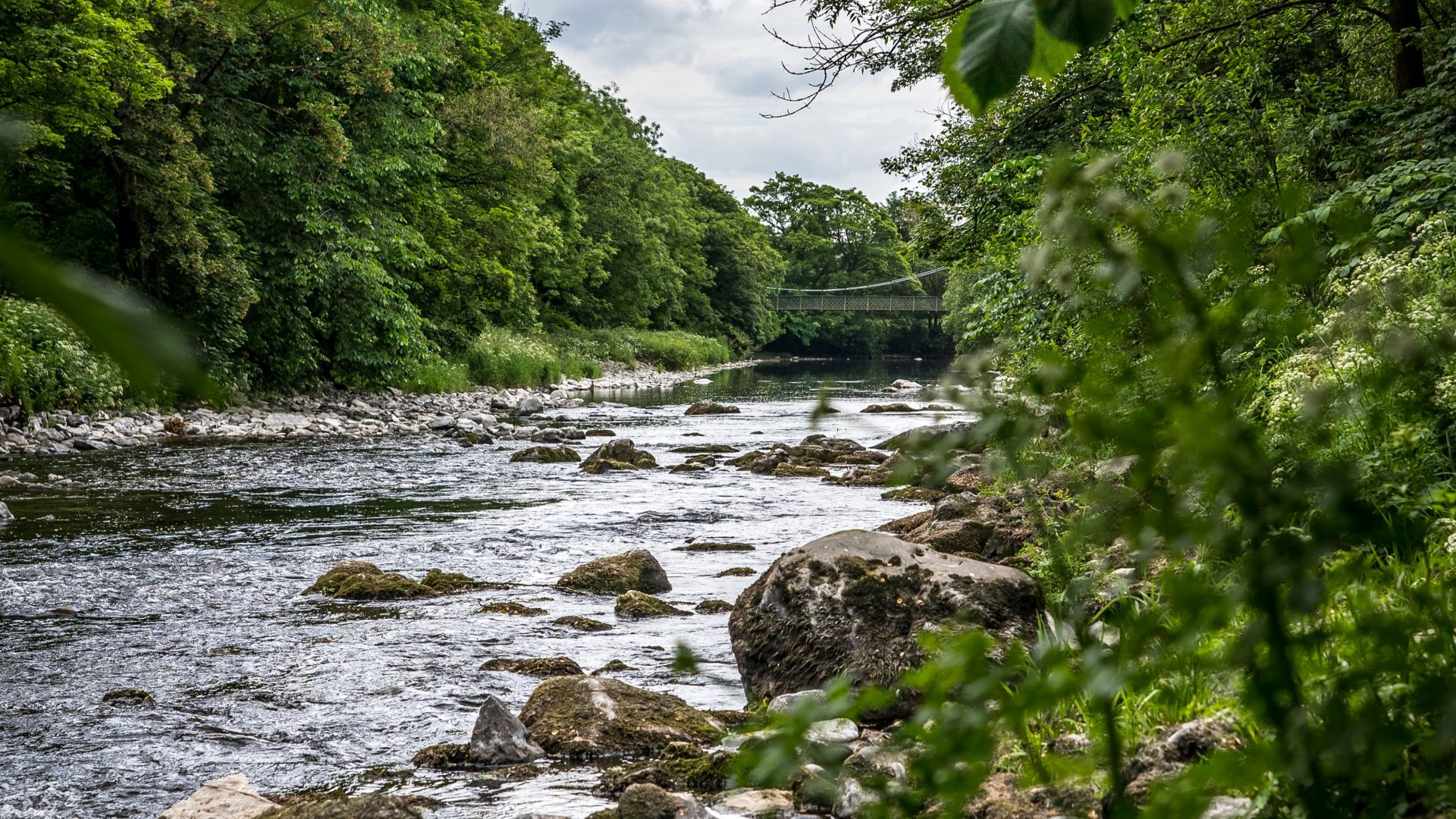Anglian Water has started work on a £3.6 million investment into Wittering Water Recycling Centre, which will see the installation of new phosphorous removal equipment, to further protect the local environment and improve river water quality.
This essential investment by Anglian Water, which began in June and is due to finish in December, forms part of the company’s Water Industry National Environment Programme (WINEP) between 2020-2025.
Anglian’s WINEP totals over £800 million of work which is specifically targeted at protecting the environment and improving river water quality. It is the largest WINEP plan of any water company, with double the number of commitments made and delivered in the previous five-year period.
The scheme will upgrade the site’s equipment to allow higher levels of phosphorous to be removed from wastewater. Phosphorous is widely used in soaps and cleaning products but can be harmful to wildlife when it enters the natural environment.
Too much phosphorous in river water causes excessive growth of algae. When the algae dies and decays it uses up oxygen in the water, taking it away from fish and the other vegetation living in the river.
The main source of phosphorous is households. It’s found in foodstuffs and cleaning products including laundry powder and dishwasher tablets which make their way through the water recycling process into rivers.
Anglian Water has used detailed modelling of the local system to design a robust engineering scheme which will protect river water quality in Wittering and the local area for years to come. This work to remove phosphorous will protect local watercourses by ensuring that wastewater is treated to an even higher standard before being discharged into the environment.
Stuart Robson, Regional Treatment Manager said:
“The East of England has a rapidly growing population; our region is expected to grow by 175,000 homes in the next five years. More homes mean phosphates in wastewater and therefore an additional risk to river water quality.
“We need resilient infrastructure, such as this scheme in Wittering, that can rise to the challenge of treating higher volumes of water to an excellent standard and help us protect the environment at the same time. That’s why we’ve committed through our Get River Positive programme that our water recycling processes will not be the reason for unhealthy rivers by the end of the decade.
“The new phosphorous removal equipment at Wittering will ensure the water that goes back into the environment is treated to a really high standard, protecting local watercourses and the environment.”
Get River Positive was launched by Anglian Water and Severn Trent earlier this year.
The plan includes five pledges to transform river water quality across their regions and demonstrates a clear and actionable response to calls for a revival of rivers in England. Central to the pledges is a commitment that work carried out by the two water companies will ensure storm overflows and sewage treatment works do not harm rivers.



